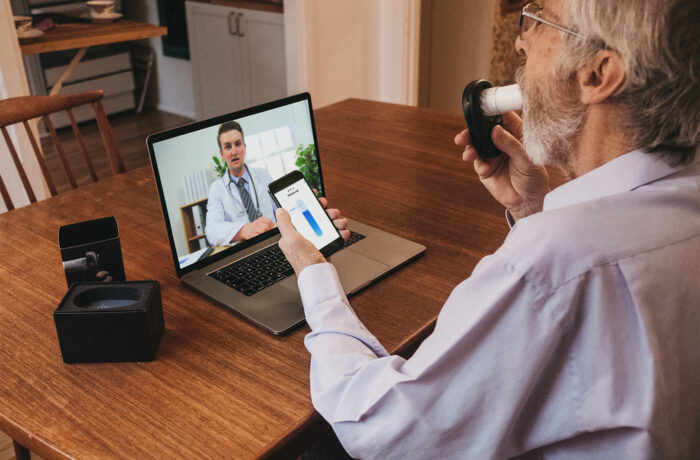Evidence: the search for the holy grail
Posted on
In this blog, Neelam Patel, Chief Operating Officer at MedCity, discusses the importance of reliable evidence in the digital health technology landscape.
We hear a lot about the need to ensure that digital health technology demonstrates safety, usability and efficacy. However, the majority of companies we speak to have not considered the varied types of evidence needed to pass the litmus test of “acceptability.”
What I mean by “acceptability” comprises two elements: firstly, is the technology “acceptable” with respect to applicable regulations, quality standards, commissioning and payer decision-making. Secondly, is the company “acceptable” with respect to investment and business requirements.
For developers (and those working in the digital health technology space more widely), the evidence-based process by which digital products are reviewed for inclusion into the NHS apps library is a good example of the benchmark to aim for. Acknowledging the need to support digital health companies in their quest to generate evidence, regulators and agencies such as NICE are developing tools and guidance, such as the NICE MedTech Early Technical Assessment tool.
Although there have been advances in acknowledging the need for evidence, as well as the beginnings of support to companies in understanding the types of evidence that should be considered in their technology development plans, the landscape is still complex.
In addition, there is a need to tackle popular thinking that a randomised controlled trial is always required to convince decision-makers on the efficacy of a technology. What is key is that the research plan is based on the regulatory requirements for the technology and is proportional to the risk and cost associated with it. Equally vital for an app developer, is how you actually access a patient or clinician to support the research in the first place.
DigitalHealth.London, MedCity and the British Standards Institute (BSI) have been focusing on viewing the landscape from an SME’s viewpoint and asking the questions; ‘What is the right level and type of evidence and how should companies generate it?’
Our work has involved working with multiple stakeholders to answer the above questions. This report from a workshop that we held recently highlights the areas that regulators, payers, and SMEs consider important in having a good evidence base and where to find supporting guidance. The map visualises the organisations that have infrastructure to help in research and trials. Get in touch and let us know your feedback.
Neelam will be speaking on “Navigating the evidence gathering maze” on a panel at track 7 of the GIANT Health Event, alongside colleagues from the NIHR Diagnostic Evidence Cooperative (DEC), Oxford Academic Health Science Network, NOCRI, and NIHR Clinical Research Network. The sessions are aimed at innovators and entrepreneurs looking to engage successfully with the NHS, and are part of a wider event held on 28-30 November. There will be opportunities to ask questions and meet the presenters. Sign up for tickets, and use the discount code Digital.Health.Ldn_half-price to get a 50% discount on tickets.


